AI / ML is changing the way the hospitality & tourism industry will operate in the future, improving services to provide a customer experience previously unheard of. This article explores how data annotation is used in this industry, its benefits & the challenges that come with it.
Data annotation involves labeling data to make it understandable for machines. In the hospitality & tourism industry, this means tagging information like customer reviews, booking details, social media posts & also what a customer prefers in type of food, drinks, room booking, tipping habits & more. This helps businesses make sense of large amounts of data.
Understanding this data can lead to not only better customer service & experience but more efficient operations for the hotels.
By accurately labeling data, hotels can better understand customer preferences and behaviors allowing them to tailor services to meet individual needs, from personalized room settings to customized dining options. Personalization & customization are key to standing out in the competitive hospitality industry, thereby increasing customer loyalty and satisfaction.
Data annotation is also vital for optimizing operational efficiency from inventory management to staff scheduling, helping streamlining operations & reducing costs. Annotated data can help in predicting peak times for hotel bookings, allowing for better staff allocation & room pricing leading to more profits.
Geotagging can reveal popular tourist spots, helping manage crowd control & enhance visitor experiences while also monitoring the impact of tourism on local environments & economies.
In times of crisis, such as natural disasters or pandemics, this information is priceless helping quickly identify affected areas & coordinate emergency responses to ensure tourist safety.
Challenges in Implementing Data Annotation
Data Privacy Concerns
In the hospitality & tourism industry, handling customer data comes with significant privacy concerns. Ensuring that personal information is protected while annotating data is crucial. Hotels as well as Annotation companies must comply with various regulations like GDPR & CCPA, which mandate strict data protection measures. Failure to do so can result in severe penalties & loss of customer trust, leading to eroding of the brand.
Case Studies of Successful Data Annotation Projects
Leading Hotel Chains
By annotating their customer feedback, booking patterns & service requests, our customer was able to tailor their offerings to meet the specific needs of their guests. We analysed guest reviews & identify common pain points, leading to targeted improvements in their services by anticipating guest needs & providing personalized recommendations.
Tourism Boards
By analyzing social media posts, travel blogs & tourist reviews, our customer gained insights into tourist preferences & behaviors. This information helped them to adjust their marketing strategies & promote destinations more effectively, improving the overall tourist experience.
Online Travel Agencies
By annotating user search queries, booking histories & feedback, our customer offered more relevant travel options increasing their bookings by 15% in a month.
At Qualitas Global, we specialize in providing top-notch data annotation services that support these critical aspects of tourism management. Our expertise in travel itinerary annotation, geotagging & revenue management ensures that our clients can make informed decisions & enhance their services.
